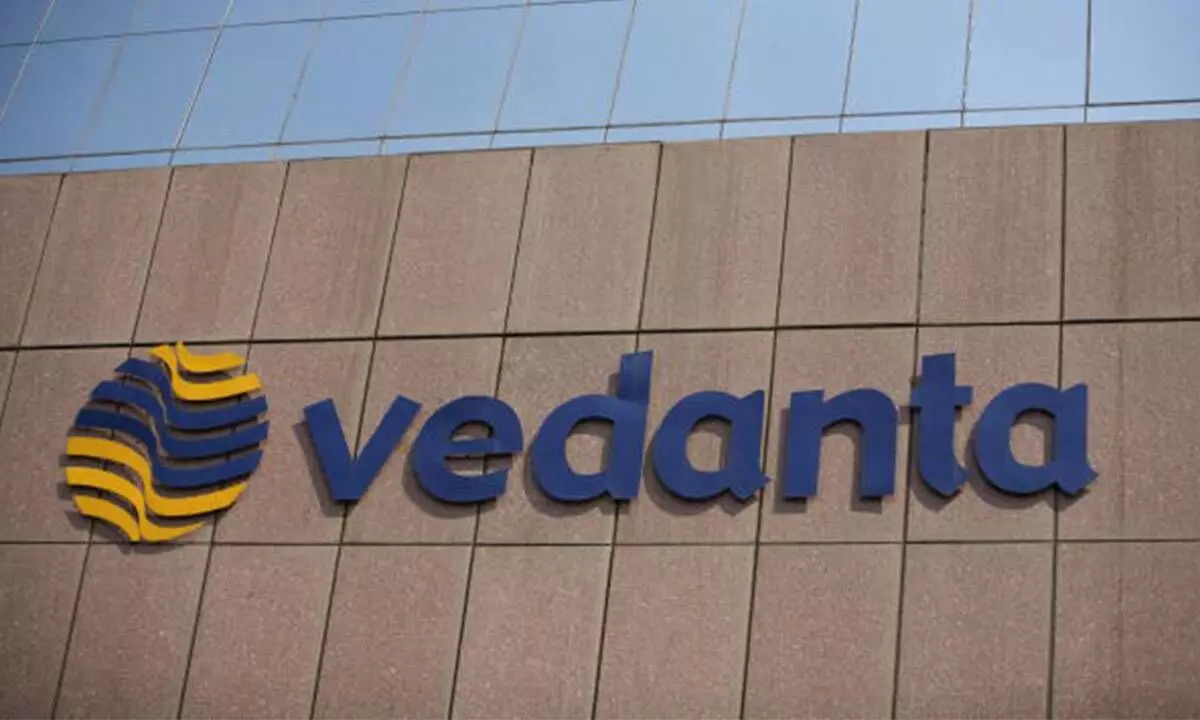Vedanta's debt burden triggered Foxconn’s decision to part ways
Although the ambitious India Semiconductor Mission (ISM) was dealt a severe blow when Foxconn called off its joint venture with Vedanta, even before it could take-off, when one looks at the development from a different perspective it implies that it is not the end of the road for India’s plans in the segment. The government should take it in its stride and move on.
image for illustrative purpose

Although the ambitious India Semiconductor Mission (ISM) was dealt a severe blow when Foxconn called off its joint venture with Vedanta, even before it could take-off, when one looks at the development from a different perspective it implies that it is not the end of the road for India’s plans in the segment. The government should take it in its stride and move on. Union Minister Rajeev Chandrasekhar was understandably downplaying the impact of Foxconn’s decision to part ways with the Anil Agarwal-promoted metals-to-oil conglomerate. He was correct though in stating that it was not for the government to “get into the why or how two private companies choose to partner or choose not to.” But the fact remains that neither the government nor Foxconn was comfortable with Vedanta’s financial situation. The conglomerate’s debt was rising, resulting in downgrades by some rating agencies. However, Vedanta chairman Agarwal was emphatic that the company has not defaulted on debts. Meanwhile, the end of the joint venture has resulted in some political skirmishes that make for an enjoyable read. Congress veteran Jairam Ramesh said, “Remember the publicity at the time of announcing the project? This has been the fate of many MoUs signed in Vibrant Gujarat summits, and will be so in other similar summits, including the Global Investor Summits in UP.” In a swift retaliation, BJP spokesperson Amit Malviya tweeted, “Congress is worried that India’s rise as a semiconductor manufacturing hub will further consolidate its position in the world as a credible player in the technology domain. The Congress loathes a self-reliant India.”
Politicians taking potshots at each other is not unusual. It is their staple food. What is striking in the latest rundown is that they are criticizing each other on FDI. Getting FDIs and investments by MNCs is now welcomed by the entire political class. What is equally important is that it is no longer regarded as an instrument of the new-age East India Company. This was not so in 1991, when there were apprehensions about the absence of a level-playing field as MNCs were gobbling up Indian companies and so on. Such doomsday fears are passé. Even the Swadeshi Jagran Manch (SJM) has stopped making noises about foreign investment. Prime Minister Narendra Modi has effectively tamed such elements within the Sangh Parivar.
It is time for him and his government to build on the consensus among political parties that investment, including from other countries, is good. While the grand old party claims to be committed to investment, Rahul Gandhi remains surrounded by Left-leaning advisers. Just as he was in August 2010 when, after visiting Lanjigarh in Odisha in the backdrop of Vedanta’s bauxite mining project, he had hailed the Central government for having rejected its environment clearance!
The chip-making project is a corporate-influenced decision and not a victim of Luddite-Leftist thinking. The government remains committed to boosting chip making. In the circumstances, a setback shouldn’t be seen as a calamity.

